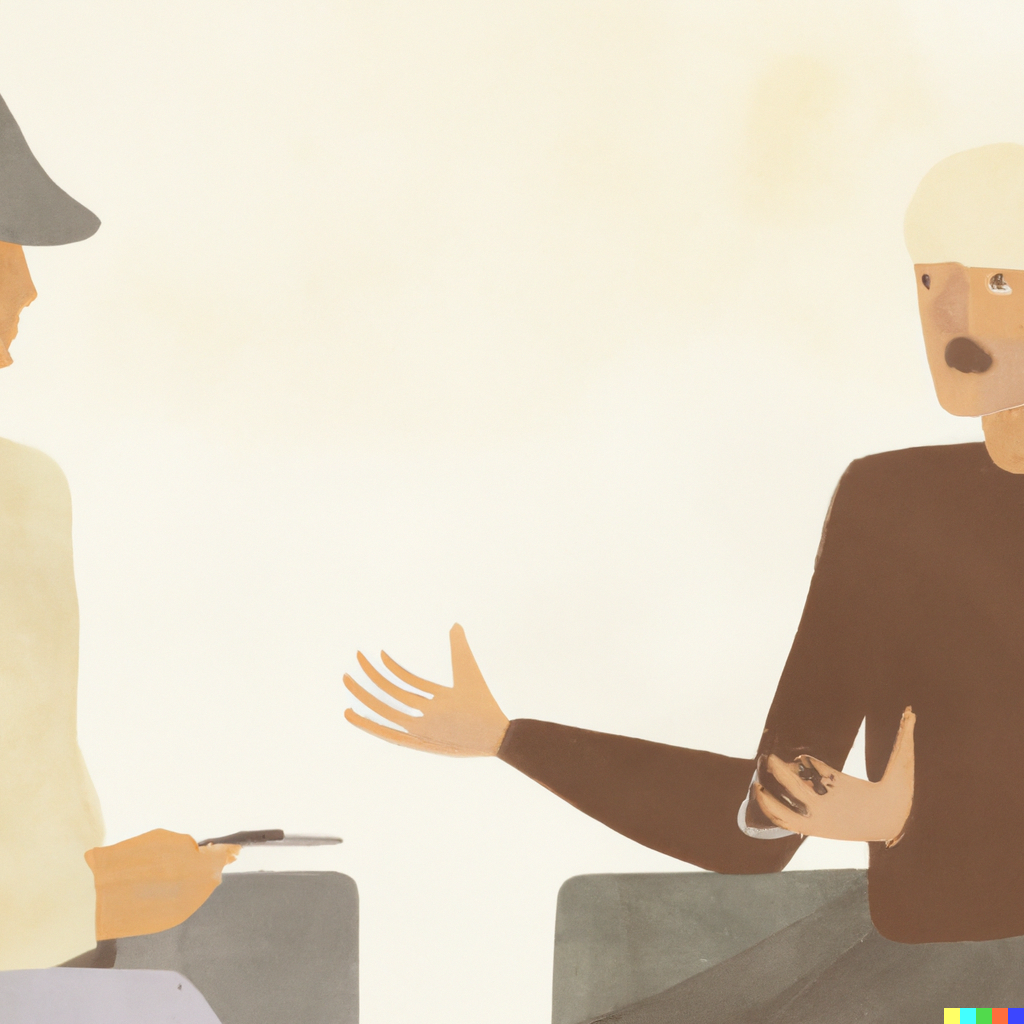Dialectical Behavior Therapy the key to Managing Intense Relationships
With a team of fully qualified and experienced Dialectical Behaviour Therapy (DBT) specialists, we are able to offer an extremely effective treatment for Borderline Personality Disorder to patients all over the UK and further afield.
Objective Effectiveness (DEAR MAN): This acronym stands for Describe, Express, Assert, Reinforce, stay Mindful, Appear confident, and Negotiate. It’s a strategy for clear and effective communication. For example, if you’re upset about a partner consistently arriving late, you might describe the situation objectively (“I noticed that you’ve been late to our last three dinners”), express your feelings and assert your needs directly (“I feel disrespected when you arrive late. Can we agree on punctuality for our future plans?”), reinforce positively (“I really appreciate when you’re on time”), and if necessary, negotiate a solution.

How Can a Dialectical Behaviour Therapy Help You?
Interpersonal Effectiveness: By learning how to communicate more effectively with others, you can convey your thoughts and feelings more dramatically, but still respectfully.

Dialectical Behaviour Therapy Skills
Relationship Effectiveness (GIVE): This acronym stands for be Gentle, act Interested, Validate, and use an Easy manner. These skills help to build and maintain positive relationships. Even in challenging situations, it’s essential to be respectful and show interest in the other person’s perspective. Validating their feelings helps them feel heard and understood, and maintaining an easy, approachable demeanor can prevent escalation of conflicts.
Self-Respect Effectiveness (FAST): This acronym stands for be Fair, no Apologies for no reason, Stick to values, and be Truthful. This skill set protects self-respect in interactions with others. Being fair to both yourself and the other person helps maintain balance in the relationship. Avoiding unnecessary apologies helps you stand up for your rights. Sticking to your values ensures that you maintain your integrity, and being truthful avoids potential problems from dishonesty.
Additionally, remember that DBT, like any other therapeutic approach, isn’t a quick fix. It requires practice and patience. We’re not always going to get it right, and that’s okay. It’s important to approach ourselves and our relationship struggles with compassion and understanding. What matters most is the commitment to continual learning and growth.
Also, it’s crucial to keep in mind that DBT isn’t just for the individual. It’s possible to introduce these skills to your partner or family members. Open dialogues about emotional experiences, needs, and the application of these strategies can significantly enhance the relational environment.
In conclusion, the interpersonal effectiveness strategies provided by DBT can be a game-changer for anyone struggling to navigate intense or challenging relationships. With its focus on balancing personal needs with those of others, asserting oneself respectfully, and maintaining self-respect, DBT provides the tools to cultivate healthier, more satisfying relationships. Embracing these practices can make us more resilient and capable of managing the complexities of our relationships, enabling us to create a more harmonious, fulfilling interpersonal life.

Book Your Initial Assessment Now
Now that you know how a DBT therapist can help you, please feel free to book your initial assessment on our website right now.
